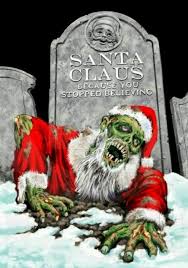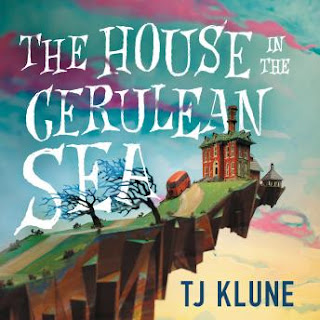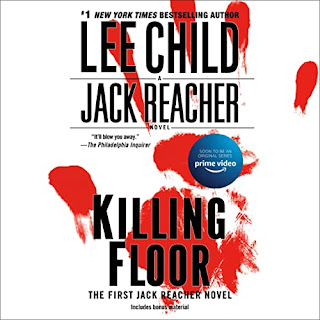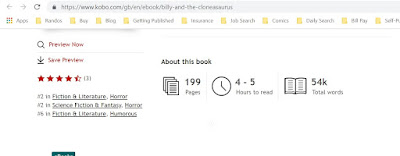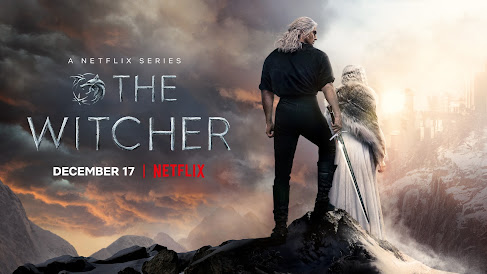Delicious Christmas Treacle
As I sit here, at the end of another holiday season, I find myself in a food coma, full of eggnog and cocoa. In a daze, I grope for the Roku remote. There are literally thousands of options to choose from! But, choice requires thought and thought is in short supply right now. So, since it is a day between Halloween and New Years, I find myself drifting over to the Hallmark Channel to watch another one of their sugary sweet Christmas movie confections.
To be as charitable as possible, the Christmas romance films on Hallmark are, overall, not great. They are almost entirely made of tropes, to the point where everyone knows the rhythms and beats even if they’ve never seen one. Linda Holmes, a pop-culture writer for NPR, does an annual round-up of all the many holiday movies on Hallmark, Netflix, and Lifetime where she helpfully puts the tropes in bold face. There is a lot of bold face in that article.
In case you’ve been in a cocoa and cheese coma as well and are unfamiliar with the tropes of your typical Hallmark plot, let’s do a brief rundown.
A BUSY CAREER WOMAN (played by a sitcom actress you kind of recognize) is focused on her big city job. She has no time for Christmas! But, she has to travel to a QUAINT SMALL TOWN (either to go home to family or because her big deal job sent her there to buy out an old inn or a cookie store). There, she meets HUNKY GUY IN FLANNEL (either an old flame from her youth or a stranger who appears out of nowhere to give her assistance,) Hunky Guy has either an adorable dog or adorable child. There is a HOLIDAY CRISIS (Family bakery might close! Town’s Christmas celebration is in peril!) that will only be solved if the Busy Career Woman and the Hunky Guy work together. Will Busy Career Woman learn to love Christmas? Will they spark a romance? WIll they exchange a chaste kiss as the screen fades to the end credits?
To be clear, my younger self would be appalled that I like these. I can recite a litany of problems with them. They are overwhelmingly white. It’s gotten better in recent years, but these are mostly whiter than an LL Bean sale in a blizzard. They are mostly extremely heteronormative, aside from a couple of token Gay Best Friends. They are casually sexist, slipping into gender roles that were outdated when I Love Lucy was on the air. (The career woman needs to relax and slow down and find a good man! The man is seldom asked to do anything like move to the big city and support his woman.) And Younger Me was HELLA EDGY!!! HARDCORE!!! (Younger me was a little much at times.)
So why do I like these silly things so much?
They are not pretentious. They know exactly what they are. There is a rhythm to them that is so exact and precise you can tune in anytime and know exactly what is about to happen.
And, most importantly, there are no stakes. Which means I don’t ever worry about the characters.
By this I mean, there are no world-shattering consequences here. The Avengers don’t need to show up and restore half the galaxy. Dragons are not about to turn King’s Landing to ash. The worst thing that could happen in a Hallmark movie is that a Christmas themed hat store could close or some cookies could get burnt.
And to clarify further, I don’t mean that the folksy family losing their livelihood would have no consequence to those characters, just that it would be appropriate in scale to the story. (Not that they ever would, mind you, I am not tuning in for a transgressive hallmark experience.)
Which is damned refreshing. As a writer, I always feel the need to raise the stakes. The main character has to mount bigger and more difficult obstacles and fight tougher foes as the book goes on. Sometimes though, more plot comes at the expense of more character. And it’s nice to see characters work through things without machine guns and zombies.
“But Victor!” I hear you say. “What about drama?” Listen, we’re wrapping up year two of a pandemic and my entire industry may decide to shut down again due to the latest covid variant so I don’t have the psychic energy to worry about whether or not the pretty people in the Christmas movie will overcome their fake obstacles in time for Santa’s visit.
In an odd way, these remind me of the Law & Order reruns I love to watch. I know all the story beats, I know the patterns, I’ve seen them all enough times that I can guess the episode by the way the random New Yorkers stumble across a body. They’re reassuring. Lenny Briscoe will have a quip, McCoy will get self righteous, Adam Schiff will grumble. Similarly reassuring, there is nothing in a Hallmark movie that can’t be solved by a cup of cocoa and the Power of Christmas.
So, since I’m not going anywhere and I once again bought too much egg nog, and my sister in law gave me an advent calendar full of different flavors of irish creme liqueurs, I am going to burrow in until New Year’s and enjoy my escapist fluff. There will be plenty of grit in 2022, so let’s enjoy ourselves while we can.
___________
Oh hey, since this is my last post before the New Year, I thought I’d throw in a bonus mini post and share my favorite things of the year!
Favorite Movies: The French Dispatch, In the Heights, tick…tick…BOOM
Honorable mentions to Fast 9 and Shang Chi, as these were the first films I saw in a theatre since March 2020 and my word did the popcorn just taste amazing.
Favorite Books: Razorblade Tears by S.A. Cosby, The Turnout by Megan Abbot, Friend of the Devil by Brubaker and Phillips
Favorite TV: Only Murders in the Building, What We Do In The Shadows, WandaVision, Schmigadoon!


